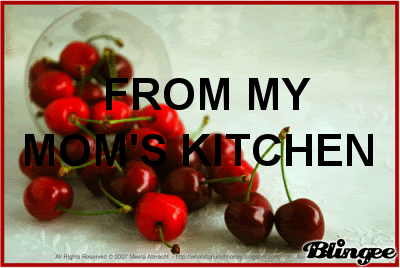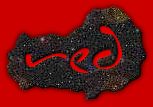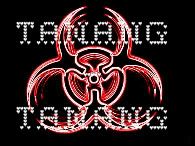PROPER DIET FOR KIDNEY DISEASE
Friday, March 14, 2008
![]()
General
When you have kidney disease, your kidneys are no longer able to filter waste products and fluids from your blood. You can help control a buildup of these substances by avoiding foods that tend to make the pro blem worse.
blem worse.
It is also important to make sure you get enough calories. Healthy eating can help control your blood pressure, weight, and cholesterol and blood sugar levels to help slow the progression of kidney disease. Your doctor may recommend calcium supplements or vitamin D for bone health.
Each person has different needs, based on body weight, size, and remaining kidney function. Most people need to limit sodium, fluids, and protein. Some also have to limit potassium, phosphorus, and calcium. A registered dietitian or nutritionist can help make an eating plan that is right for you.
Eating plan for chronic kidney disease.
General guidelines
To limit sodium:
Make a habit of reading food labels. Avoid foods that list salt (sodium) or monosodium glutamate (MSG) near the beginning of the list.
Do not use processed cheeses or canned, pickled, or smoked meats, which may be high in sodium.
Do not add salt to your food. Use lemon, herbs, and other spices to improve the flavor of your meals.
To limit protein:
Work with a dietitian to develop an eating plan that balances your need for less protein with enough protein to stay healthy.
Your dietician may tell you to limit high-protein foods to 5 to 7 ounces (142 g to 198 g) a day. A 3-ounce (85 g) serving of protein is about the size of a deck of cards.
Learn about the sources of protein. Most people know that meats, fish, and dairy products contain protein. They may not know that foods such as breads, cereals, and vegetables also contain protein.
Choose high-quality protein, such as lean meat, chicken, fish, cheese, or eggs, in your diet. If you eat tuna, choose water-packed, and rinse it well before eating.
To limit fluid:
Do not have more than 48 fl oz of fluids a day. Foods that are liquid at room temperature, such as soup, Jell-O, and ice cream, count as fluids.
Be aware that some fruits and vegetables contain a lot of water and will count in your fluid intake. Examples include grapes, oranges, apples, lettuce, and celery.
To limit phosphorus:
Limit your phosphorus intake to 800 to 1000 mg a day.
Limit your intake of dairy products, such as milk, yogurt, or ice cream.
Avoid nuts, peanut butter, seeds, lentils, peas, and beans.
Avoid drinks such as beer, cola drinks, and cocoa.
To limit potassium:
Ask your doctor if it is all right to use a salt substitute. Some people with kidney disease need to limit their potassium intake.
Use lemon, herbs, and other spices to flavor your meals. Most commercially available salt substitutes are very high in
If you are having trouble keeping your weight up, keep the following in mind:
You may eat bread, tortillas, and cereals, but avoid bran breads or cereals. Do not eat pretzels, chips, or other salted snack foods.
You may use margarine, oil, and mayonnaise to add calories to your diet. Vegetable oils like olive oil, canola oil, or safflower oil are the healthiest choices.
Unless you have diabetes, you may use honey and sugar to increase energy and add calories.
It is important to continue to eat meals and snacks at regular times.
If you are overweight:
Limit the amount of calories you take in daily.
Increase your overall physical activity.

















































































































